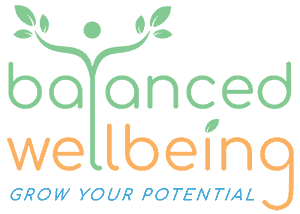As regular clients of the Balanced Wellbeing Centre newsletters, you may be familiar with our catchphrase Inspire Your Vitality. Its intention is to encourage us to create more energy and positivity in our lives, especially since our busy lifestyles can leave us both physically and mentally depleted. When we feel energised, vital, and positive, we cope better with life challenges, our health improves, we feel happier, and we thrive.
Some of us know what we need to do to thrive but aren’t sure how to do it. Others may have made an attempt at changing their lifestyle, but keep relapsing. Yet others may think they are doing the things that lead to thriving but wonder why they aren’t. This is where psychologists can help. Psychologists are experts in human behaviour. So, they can help you to thrive by assisting you to identify strategies on how to improve your wellbeing, develop healthy habits, and create lifestyle changes.
This week, the 6th to 12th of November, is Psychology Week 2016. Each year, the Australian Psychological Society (APS) brings community awareness about how psychologists can support people to lead happier and healthier lives. The theme this year is how to THRIVE.
The APS, together with Melbourne University’s Centre for Positive Psychology (CPP), established the Compass for Life survey, which looked at the wellbeing and life satisfaction of 1,000 adult and 518 adolescent Australians. In measuring these individuals’ behaviours, activities, and attitudes about wellbeing, the findings suggest that an essential requisite for health and happiness is having strong, close connections to family, partners, children, colleagues, and friends. This includes engaging socially as well as participating in a variety of community activities.
Contrary to what might be expected, the APS (2016a) survey found that those adults who reported using social media a lot, also reported high levels of loneliness and negative emotions. It seems that good old fashioned human relationships is one major way to get happy and be well.
The survey findings indicate that other ways to improve happiness and wellbeing include:
• Being active
• Sleeping well
• Relaxing
• Enjoying activities
• Living mindfully in the present and in the moment
• Engaging in new experiences
• Hobbies
• Learning
• Taking care of oneself
• Harnessing positivity
If you are having trouble how to change, how to sustain change, or how to make change work for you, give Marie a call to discuss creating more energy, vitality, and positivity to help you thrive.



